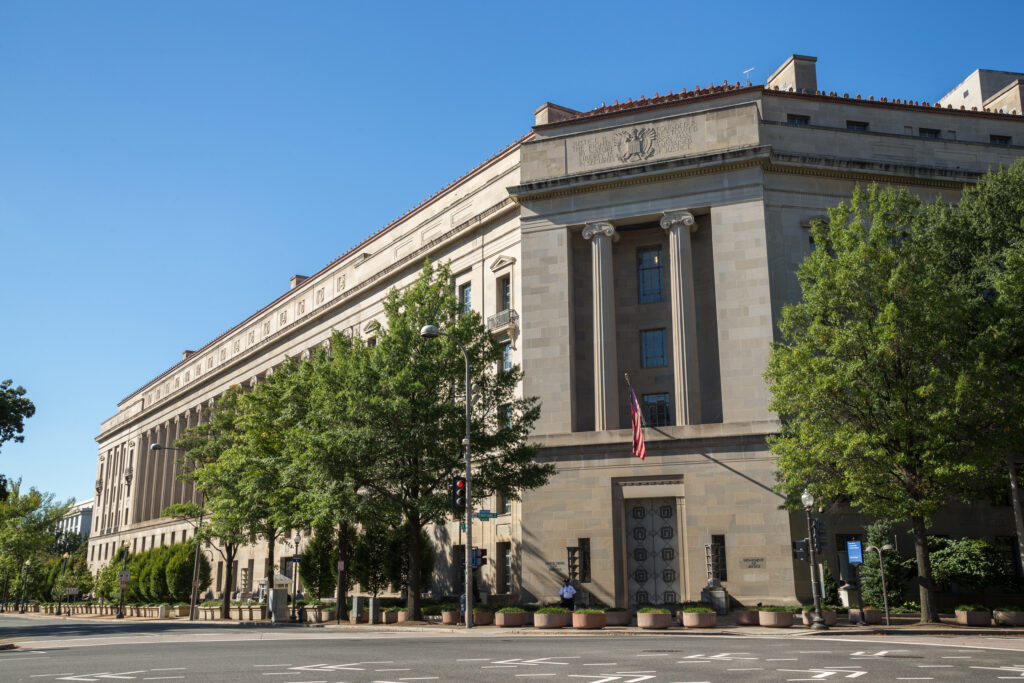How the Chicago Sun Times Covers Legal Fights Over Trump’s Election Orders
The Chicago Sun Times is known for its in-depth reporting on political and legal developments that shape Illinois and the nation. Recently, major controversy has unfolded around President Trump's executive order aimed at changing federal election rules. The Chicago Sun Times and other trusted outlets have followed the story closely, especially as Illinois leaders join the resistance against these controversial mandates.

Chicago Sun Times Investigates Election Orders
President Trump’s executive order, released in March, triggered widespread criticism. It demanded that states exclude mail-in ballots arriving after Election Day and required proof of citizenship for voter registration. For Illinois, where mail-in voting is broadly accessible, these rules would disrupt established processes and potentially disenfranchise thousands. The Chicago Sun Times highlighted how Attorney General Kwame Raoul and a coalition of 19 state attorneys general took legal action to halt this order. Their lawsuit argues that election administration is a power reserved for Congress and the states—not the president. Read the Sun Times coverage of the legal challenge by Kwame Raoul and other officials.
National Response and Voter Rights
This issue isn’t confined to Illinois. Around the country, attorneys general in the Mountain West and across the nation have voiced concerns. Nevada’s Attorney General, Aaron Ford, emphasized that state election officials should not be forced to comply with rules that impose unfair burdens—especially requirements for voters to prove citizenship. Such changes risk undermining voter participation and shifting election authority away from local officials. See how four Mountain West states joined a preliminary injunction on KSUT Public Radio.
The Chicago Sun Times continues to bring attention to these developing legal battles. The Sun Times’ reporting puts voter voices at the forefront and asks tough questions about democratic access. According to a 2023 report cited by the paper, over 21 million U.S. citizens lack ready proof of citizenship. The effects of these requirements fall hardest on communities of color and lower income voters, raising further concerns about equity.
Federal Courts Step In
Federal judges are also playing a decisive role. Recently, a judge issued a preliminary injunction blocking parts of the executive order, especially the requirement for citizenship proof on federal registration forms. The Department of Justice has signaled it will not appeal, letting the legal process move ahead. For more analysis on the DOJ’s position and how these orders are challenged, read coverage by Democracy Docket.
Looking Forward: What’s Next for Illinois Voters?
As the story develops, the Chicago Sun Times remains a crucial source for trustworthy updates and local perspectives. Illinois officials say defending wide access to the ballot is vital to a healthy democracy. The ongoing legal battles will affect not only voting in Illinois, but also national election standards in the years ahead.
For readers eager to stay informed, following the Chicago Sun Times ensures every important development is explained clearly. Stay engaged, and keep up with how legal decisions and executive orders may shape your right to vote.